[ad_1]
[K-Movie Night] Microhabitat
by Dramaddictally

Welcome to K-Movie Night — a once-a-month feature where we microwave some popcorn, put on a face mask, and get cozy with a Korean movie from yesteryear. With so many films finally streaming (with subs!), now is the time to get caught up on all those movies we missed featuring our favorite drama actors.
Each month, we’ll pick a flick, write a review, and meet you back here to discuss whether or not it’s worth a watch. Super simple. All you have to do is kick up your feet and join us in the comments!
MOVIE REVIEW
![[K-Movie Night] Microhabitat Esom Ahn Jae-hong](https://d263ao8qih4miy.cloudfront.net/wp-content/uploads/2023/10/Microhabitat_2-scaled.jpg)
This month’s movie pick has a multitude of reasons behind it. First and foremost: I love Esom! She’s a natural born actress that always seems to select complex and kickass roles that have me rooting for and/or idolizing her (if you’ve seen the awesome dramas Because This Life Is Our First or The Third Charm, you know what I mean).
The second reason — and if you’ve been following the K-movie Nights you might have guessed it by now — is that I just can’t say no to the debut features of female screenwriter/directors. They tend to have a vision, voice, and passion that speaks to me, and in this case, writer/director Jeon Go-woon (along with Esom) cleaned up at film festivals from New York to Busan for this 2018 movie, which also earned critical acclaim.
Beyond that, the two leads in Microhabitat — Esom and Ahn Jae-hong (who’s also awesome, btw) — have an upcoming drama together called LTNS that was supposed to air this month, but it looks like the fates have pushed it back to end of the year (booooo!). Either way, I’ll be watching, especially now that I’ve seen their onscreen chemistry and potential for (dark) comedy.
![[K-Movie Night] Microhabitat Esom Ahn Jae-hong](https://d263ao8qih4miy.cloudfront.net/wp-content/uploads/2023/10/Microhabitat_3alt-scaled.jpg)
Bleak and complicated. (I’m pausing to catch my breath.) The trailer clearly labeled this a comedy — a humorous take on a woman in a tough situation. Instead, we get a bunch of tough situations with nothing funny about them. My stomach was in knots the whole time I watched as the film flip-flopped between characters with precarious lives and ones who may be stable but are trapped. Yet, the screenplay deserves a lot of credit because as we learn about the protagonist, all the supporting characters’ struggles come to life — and each could be their own movie.
At the center of our story is MI-SO (Esom), a thirty-something housekeeper who never finished college because she couldn’t afford to keep paying for it. Since then, she’s been eking her way through each month to earn just enough money for whiskey, cigarettes, medication, and rent — for a one-room apartment that’s not big enough to fit a stick of furniture and still move around.
![[K-Movie Night] Microhabitat Esom Ahn Jae-hong](https://d263ao8qih4miy.cloudfront.net/wp-content/uploads/2023/10/Microhabitat_4-scaled.jpg)
But we learn early on that Mi-so is not unhappy. Aside from her favorite brand of smokes and an expensive single malt scotch, the other thing she truly loves is her boyfriend HAN-SOL (Ahn Jae-hong), a would-be webtoon artist who’s as broke as she is. In the movie’s one truly comical scene, the two think about getting intimate as they sit in her heatless apartment bundled in their winter coats. It sounds like a good idea, but they pull off layer upon layer of clothing only to decide it’s too damn cold. “Let’s do it in the spring,” he finally says.
The movie’s journey is structured around Mi-so’s unbreakable values and her singular goal to live debt free. When the price of rent and cigarettes go up, something’s got to go, and she decides it’s the rent. She packs up her meager belongings and contacts some friends, hoping to crash with them for short stints until she can gather the cash for a cheaper place. Han-sol lives in an all-male dormitory, so living together isn’t an option.
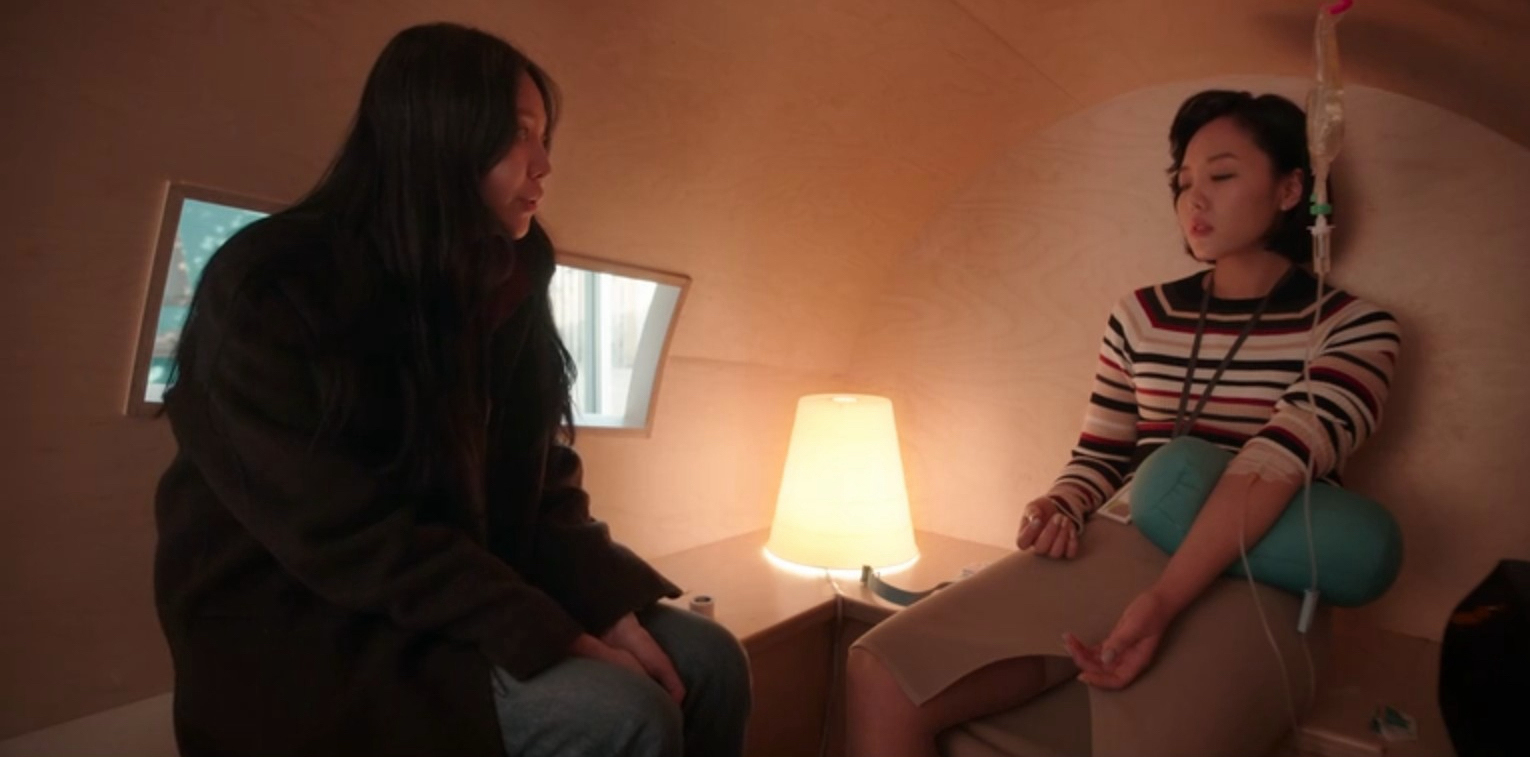
She has a list of once-close friends that she knows from her college days, but as we meet them one by one, we see it’s been quite a while since they’ve kept in touch. All the friends have problems of their own, which come to light as Mi-so enters their homes and lives. The first friend (Kang Jin-ah) rejects Mi-so’s request to stay over, even for a night, because she’s so busy with work, she gives herself an IV on her lunch break instead of eating food.
The next friend (Kim Gook-hee) is welcoming, but when Mi-so arrives she learns her friend is in a thankless marriage, taking care of her husband and in-laws, not knowing how to cook, and feeling trapped. “Marriage is like a disease,” she says after a screaming match with her husband.
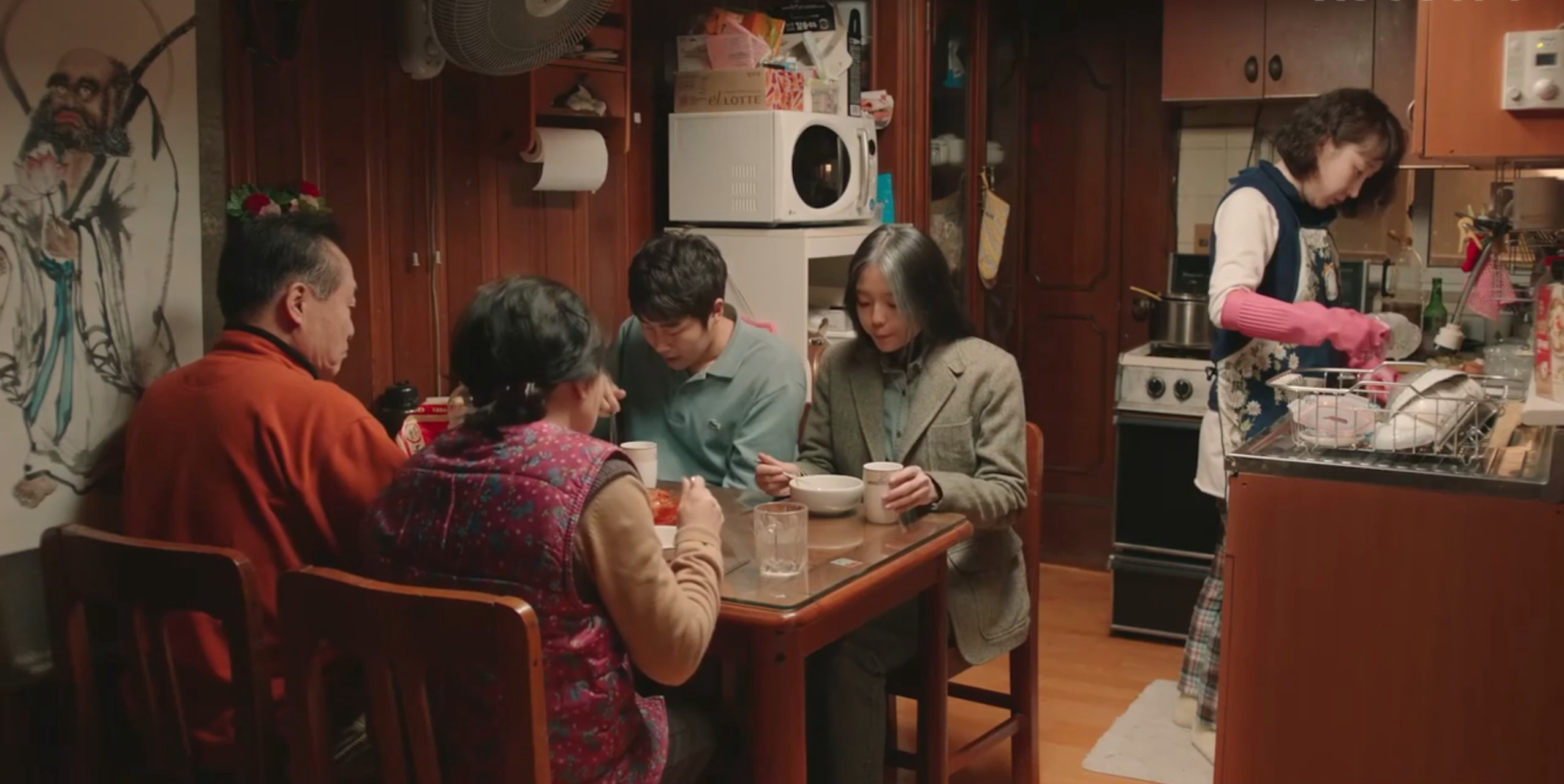
And Mi-so knows about disease because she’s stuck on medication for the rest of her life to control a condition that’s turning her hair gray. When we meet her, she has a single streak in front, but as time passes she’s persistently more gray — a visual marker that she’s no longer affording the meds.
What we learn about Mi-so during this first stay is that she’s not there to take advantage. When she sees her friend’s situation — four people crammed into a shoebox apartment with Mi-so as the fifth — she knows that one night is enough. She doesn’t want to be a further burden and puts her professional domestic skills to use, cooking and cleaning before she takes off.
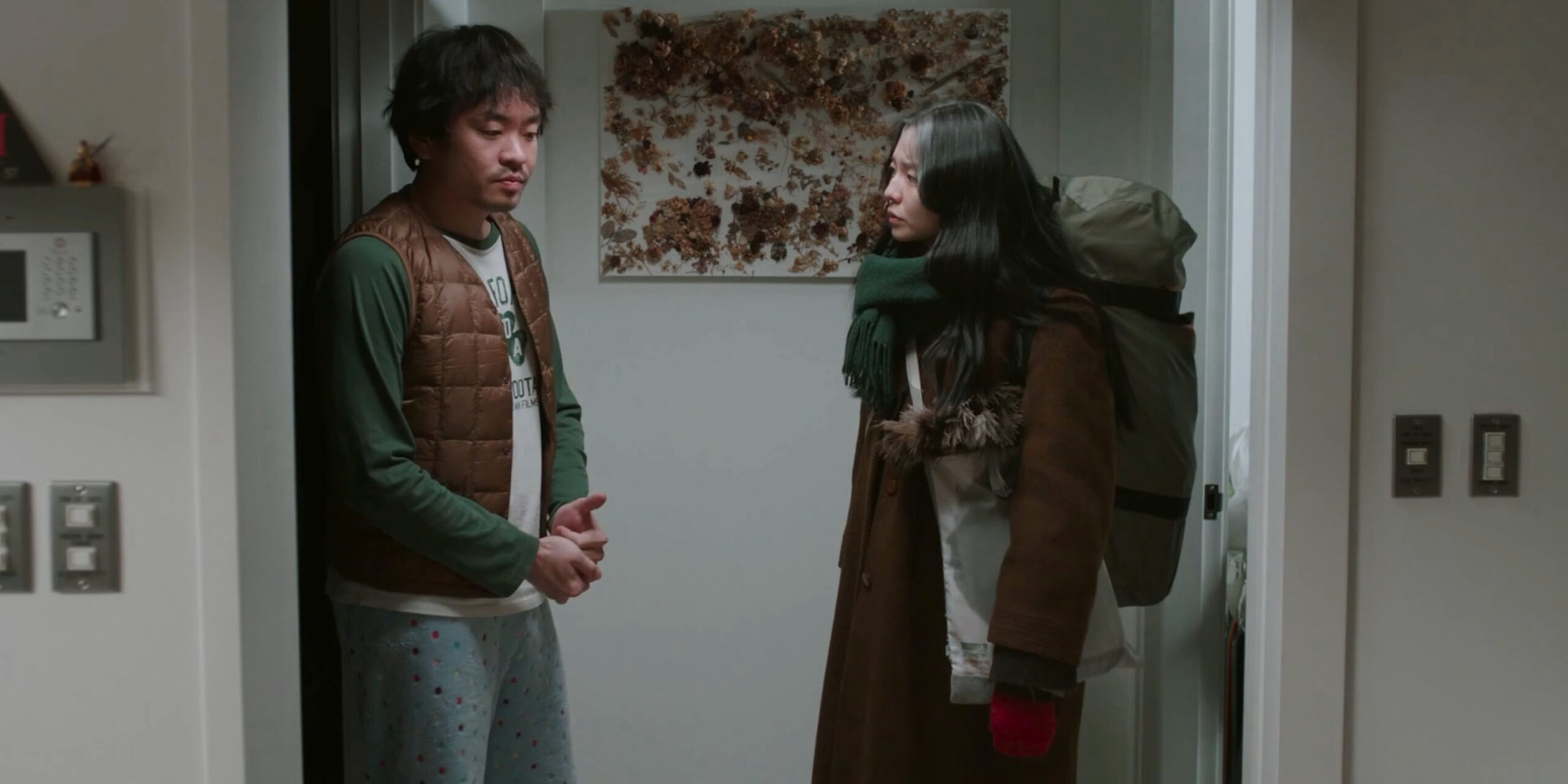
At the next place, her friend (Lee Sung-wook ) has an available room in his two-bedroom digs — but it’s because he’s just separated from his wife of only eight months. He sleeps in the guest room, crying and drinking his nights away, as Mi-so cleans house and tries to reciprocate for her stay. When they finally sit down to chat, she learns that he’s been left with impossible debt from the new mortgage, and it was his wife that wanted it to begin with. “It’s not a home, it’s a prison,” he tells Mi-so, recounting the decades he’ll be trapped there to pay it off.
Here we get a glimpse of why Mi-so is so reluctant to go into debt, even for something so basic as shelter. As she moves from place to place, she holds tight to her independent spirit, never backing down on how she wants to live — and the filmmaker gives us plenty of evidence against the alternative. Each friend feels stuck, in one way or another, as they live by the norms of society and advance their careers, marriages, and homeownership.
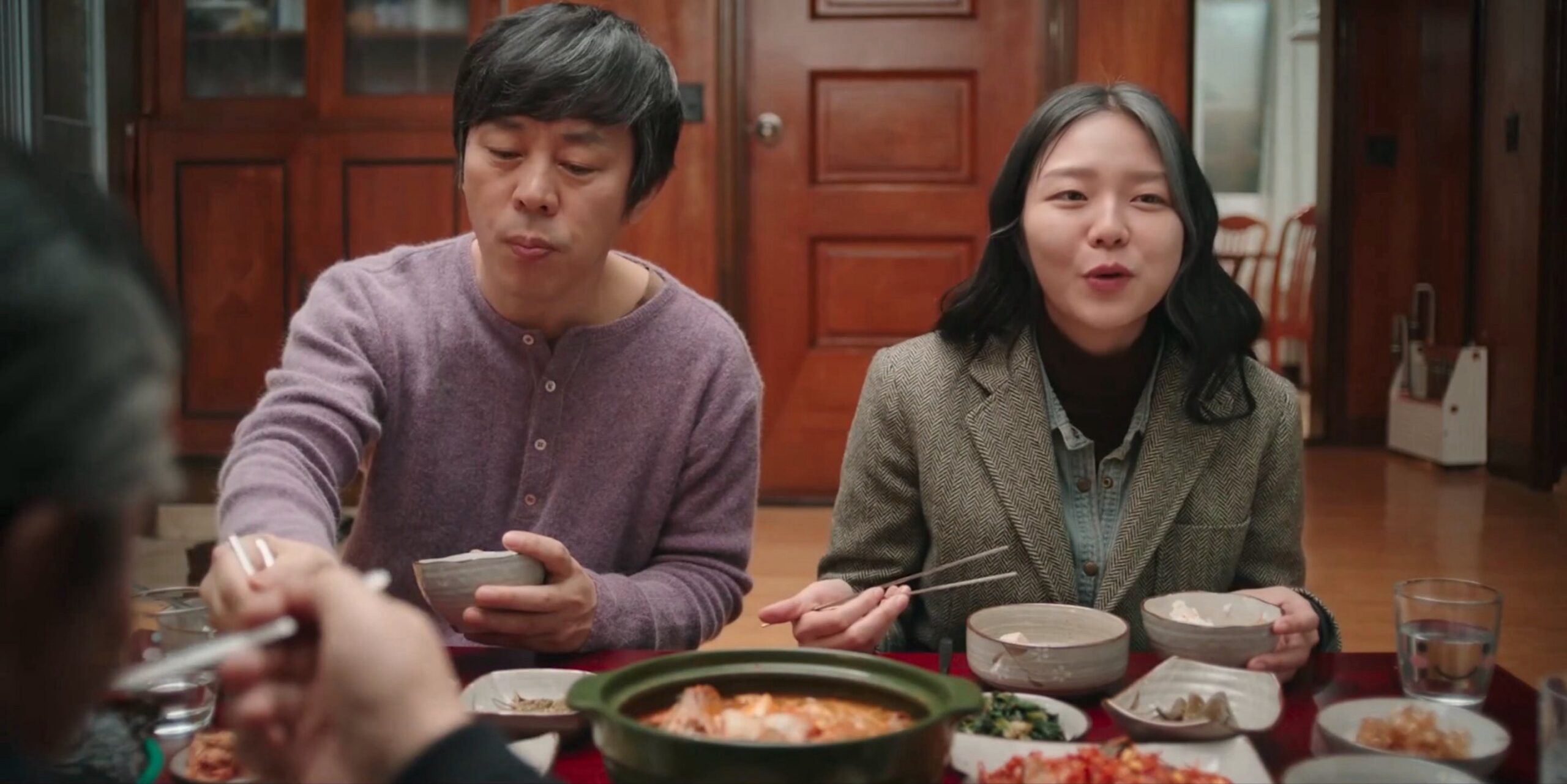
To me, this last apartment seems like the perfect place to settle for a bit. Her friend doesn’t want to be alone, and Mi-so is happy to do the housekeeping. But Han-sol is uncomfortable with her staying with a male friend — it makes him feel guilty that he can’t afford to pay her rent somewhere. And here is where the film really started to sucker punch me because while Mi-so is independent in a lot of ways, she’ll do anything for her three first loves (booze, cigs, and boyfriend).
She’s homeless and sleeping in a café before finding the next stay with a friend who’s chronically ill (Choi Deok-moon) and looking to marry while he’s still alive. Mi-so is too optimistic to be the one he marries, though, even if it would solve both their problems in a pragmatic way.
![[K-Movie Night] Microhabitat Esom Ahn Jae-hong](https://d263ao8qih4miy.cloudfront.net/wp-content/uploads/2023/10/Microhabitat_9-scaled.jpg)
So, she winds up at the final place with a rich friend (Kim Jae-hwa), who lives in a gigantic house with her husband and new baby, and has all the space in the world for a houseguest. Here Mi-so settles in for a longer stay, going to her housekeeping gigs and stacking away her money. But things aren’t as they seem and Mi-so inadvertently offends her friend.
This leads to a climactic argument where the friend stands in for the audience and asks all the questions we might want to ask Mi-so. “You have no money for rent and you didn’t quit smoking?” She goes further, shaming her for her lifestyle and her lack of family (Mi-so’s parents died young). She essentially kicks her out, saying that letting her stay won’t solve her problems.
Through all of this, Mi-so is looking for a new room and finding that the rent she was paying before was better than what’s on the market. When she’s ejected by the final friend, she has a choice about what to do next. And the film gives us a nice contrast about choices when Han-sol chooses to “grow up” and Mi-so holds tight to her hope that things will work out somehow. She’s a steadfast optimist even as her surroundings say she shouldn’t be.
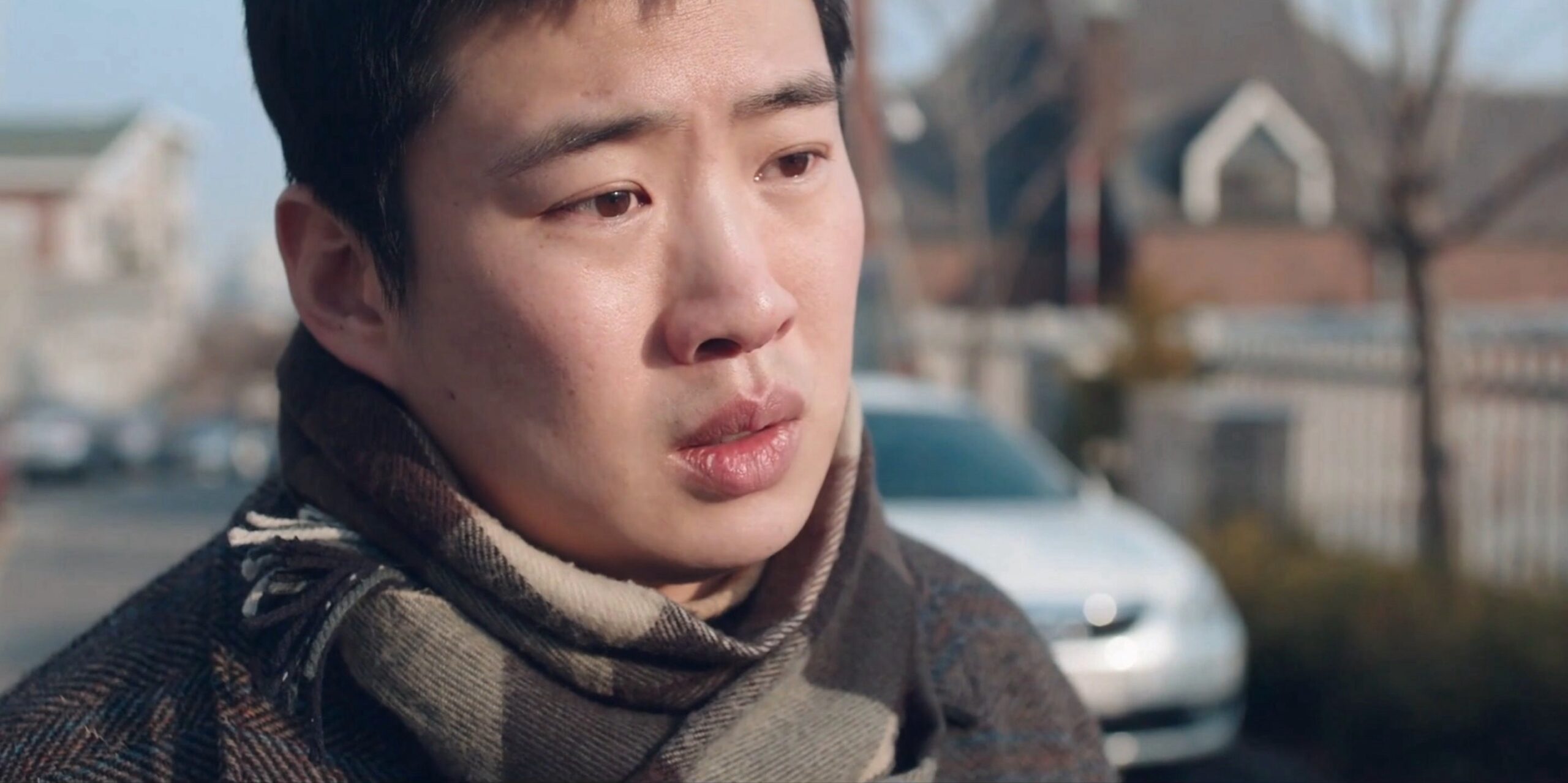
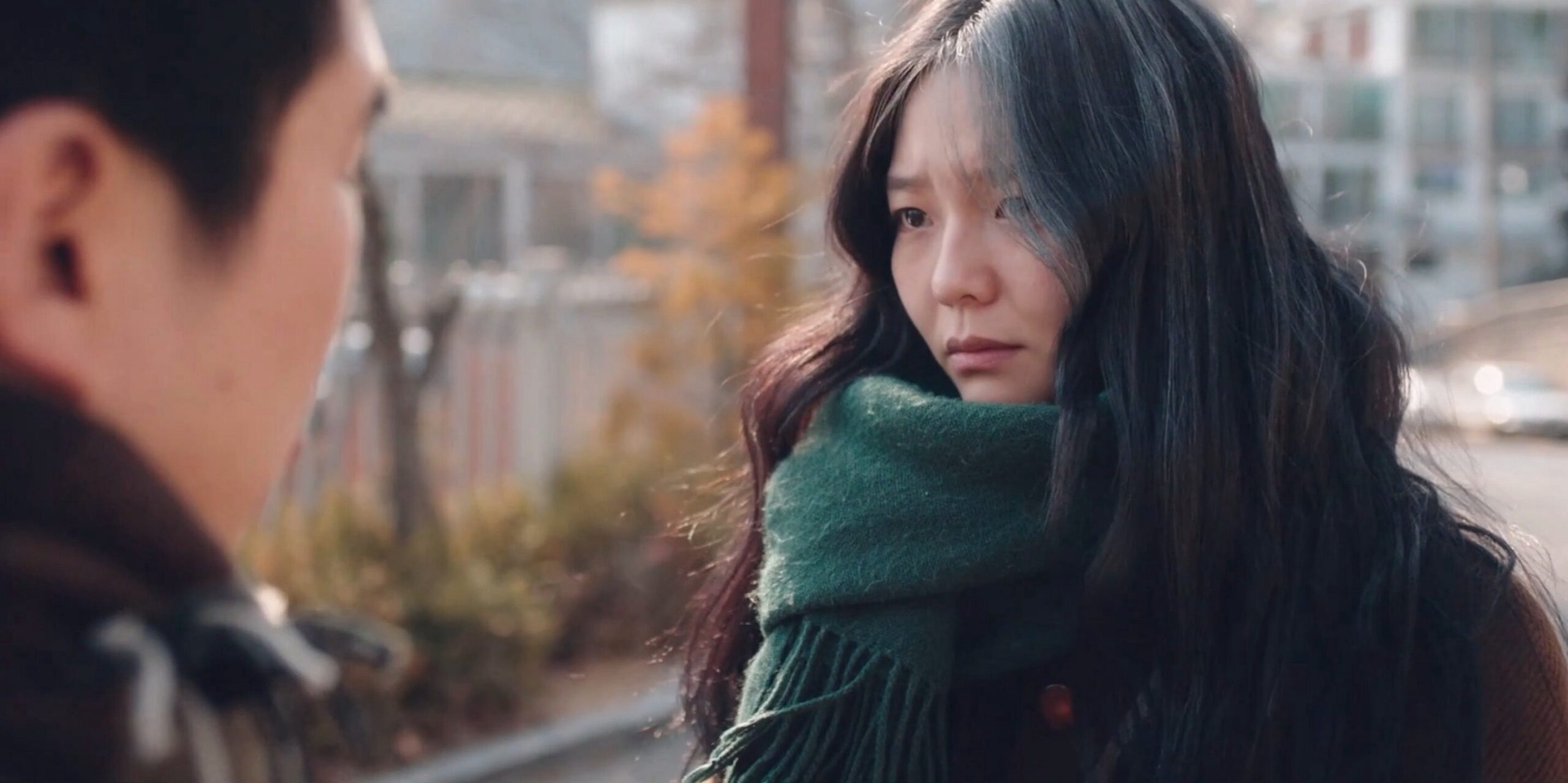
The movie’s conclusion forces some tough questions on us and I don’t think there’s a right answer here. We can assign moral judgments and say Mi-so has never grown up. But it’s also true that’s she’s never given up either. She’s a hard character to pity or to dislike. Her dignity is important to her, but it’s not clear what she gains from refusing to compromise. Is this a cautionary tale about succumbing to your vices? Or is it showing us that there are many ways to live?
I’m not sure I could handle a rewatch of this because it tanked my mood to a level that was hard to come back from, but the writing, acting, and directing are on point. The camera often sits still while the actors do the work of moving around the frame, and the director is careful about what we notice — building the story out of absences as well as inclusions. There’s a scene where Mi-so is off screen, talking to her landlord, and the camera shows us her empty room. We see a roach crawling up the wall, but what we hear is how the rent is steadily crawling up next year.
This isn’t a movie to go into without your armor on — or to mistake for a comedy like I did — but it’s visually and intellectually captivating all the way through, and will leave you asking a lot of big questions about money, pride, adulthood, and what it means to be free.
![[K-Movie Night] Microhabitat Esom](https://d263ao8qih4miy.cloudfront.net/wp-content/uploads/2023/10/Microhabitat_11-scaled.jpg)
Join us in November for the next K-Movie Night and let’s make a party of it! We’ll be watching Moonlit Winter (2019) and posting the review during the last week of the month.
Want to participate in the comments when it posts? You’ve got 3 weeks to watch! Rather wait for the review before you decide to stream it? We’ve got you covered.
RELATED POSTS
[ad_2]
Source link

